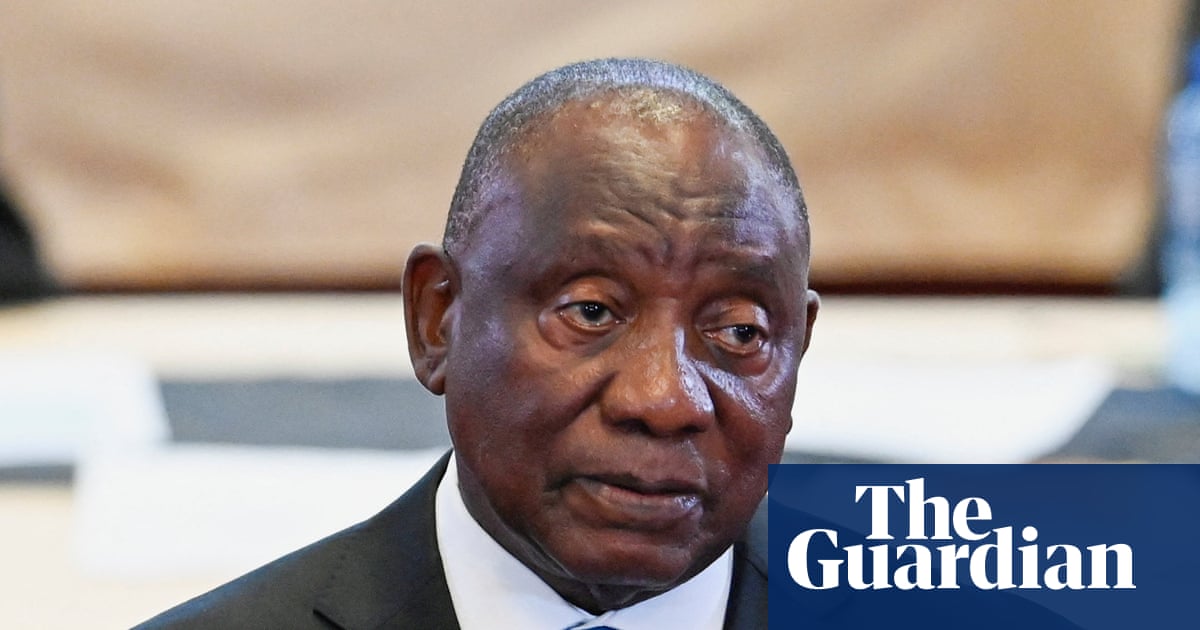Activists could be jailed for up to six months for protesting outside MPs’ homes in England and Wales under a new law aimed at tackling harassment of politicians after a surge of intimidation complaints.
The law would criminalise protests outside the homes of MPs, peers and councillors as well as others who have stood for public office – and is likely to draw further criticism that the government is squeezing the right to protest.
The government is to amend the crime and policing bill on Tuesday to formally bar the protests and to impose criminal sanctions.
Home Office sources described such protests as “toxic behaviour in UK politics” and said the amendment would introduce a criminal offence of protesting outside the home of someone in public office where their intention is to influence them in their role or an aspect of their private life.
A survey by Lindsay Hoyle, the speaker of the House of Commons, found almost all MPs (96%) had experienced at least one instance of harassment or intimidation.
Just Stop Oil, whose activists sang climate crisis-inspired Christmas carols outside Keir Starmer’s home, has previously defended the need to directly target MPs. It said it was a crucial tool to influence policy, though the group has since changed its tactics to stop high-profile stunts.
Dan Jarvis, the security minister, said the level of abuse faced by politicians was “truly shocking – it’s a threat to our democracy. People should be able to participate in our politics without fearing for their own or their family’s safety.
“When good people choose not to put themselves forward, communities lose out and the country is poorer for it.”
Jarvis said the measure was “a serious but necessary and proportionate step. Targeting public office holders at their homes crosses a line – it’s intimidation, not protest, and we’re putting a stop to it.”
The change has been backed by the Jo Cox Foundation, set up in the name of the murdered Labour MP who was attacked outside her constituency surgery by a far-right terrorist.
“Protest and robust debate are important to our democracy, and there are many ways that people can make their voices heard without crossing the line into intimidation at someone’s home,” the organisation said.
Starmer was understood to have been furious about Gaza protests outside his north London home by Youth Demand when he was leader of the opposition. The group placed children’s shoes outside his door while demanding further opposition from Labour to arms sales to Israel.
Three people were charged under section 42 of the Criminal Justice and Police Act 2001, which already covers harassment at a home address. Protesters were also arrested for targeting the constituency home of Rishi Sunak.
Home Office sources said the amendment would expand the scope of police powers to cover a wider range of behaviours and to give clarity to officers.
Some MPs have previously complained that police have taken a laxer approach to protests outside their family homes, including when children were present. The former chair of the defence select committee Tobias Ellwood was targeted by dozens of pro-Gaza protesters at his home in Bournemouth, calling him complicit in genocide.
The former Conservative MP Mike Freer said last year he was stepping down as an MP because of the repeated targeting of his constituency office, including in an arson attack.
The Labour MP Stella Creasy has also condemned the targeting of MPs at their homes, having been the target of anti-abortion protesters in her Walthamstow constituency.
Youth Demand recently staged a protest with body bags outside the home of David Lammy, when he was the foreign secretary. They said the government was “allowing Israel to murder children en masse”.
The amendment excludes official residences – so would allow protests outside Downing Street or grace-and-favour homes for the prime minister or other ministers such as Chequers or Dorneywood.

 3 months ago
92
3 months ago
92

















































